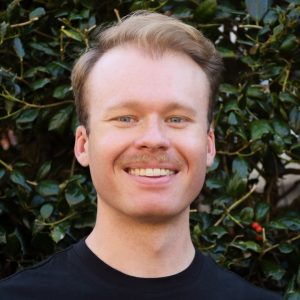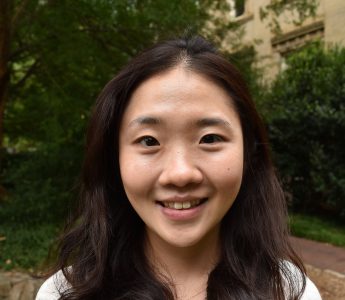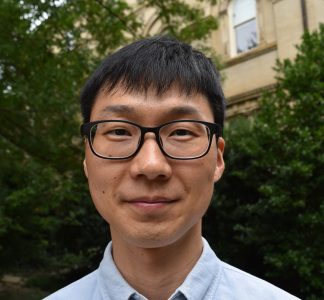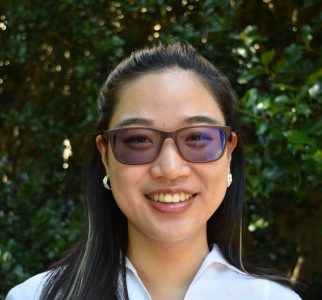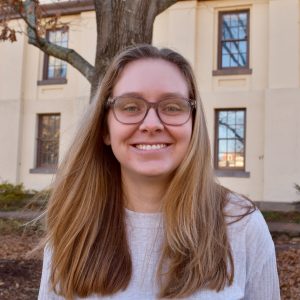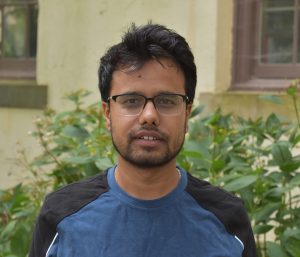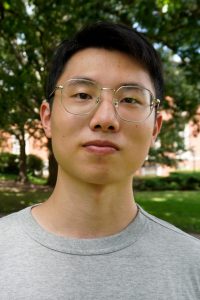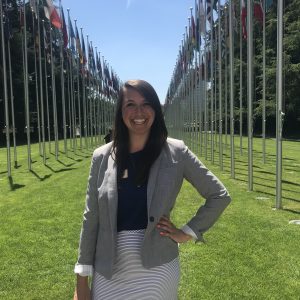 Specialization: Sustainable & Just Energy Transitions
Specialization: Sustainable & Just Energy Transitions
Hometown: Camarillo, CA
Previous Degrees: BA Communication Studies – University of California, Los Angeles (UCLA) ‘14, Master of Environmental Management – Duke University ’20
Amanda’s interest in doctoral research arose from her exposure to challenges of energy systems development in Latin America during her masters work at Duke University, where she concentrated on Energy and the Environment and completed certificates in Latin American and Caribbean Studies and International Development Policy. In a summer course in Geneva, she spoke to a representative from the United Nations Commission on Trade and Development (UNCTAD) who inspired her consideration of how doctoral research might help to address inequities that arise from global and local changes in energy systems. Today her work seeks to understand how to best support a just energy transition in La Guajira, Colombia, a department that is rich in both fossil fuels and renewable energy resources and highly vulnerable to contractions in global demand for coal.
Amanda credits her two advisors, Dr. Noah Kittner and Dr. Allie Thomas, for her interest in Carolina Planning. Their international experience and individual expertises in energy modeling and ethnographic research on transportation planning spoke to Amanda’s own interests in conducting mixed methods research on energy transitions in the context of Latin America. Since her time in the program, she has found them both to be incredibly engaged with her work and dedicated to her growth as a planning scholar.
In the department, Amanda works with Carolina Planning as the Communications Assistant, which allows her to engage with faculty and students across the department to share their research and accomplishments. She also serves as a Doctoral Teaching Assistant for courses like Planning Law, Solving Urban Problems, and Research Methods. Outside of her research, her time leading recitations and labs has been some of her most gratifying work during her degree, as she has found Carolina Planning students to be highly engaged in their studies and excited to learn how their work can apply to today’s greatest planning issues.
|
